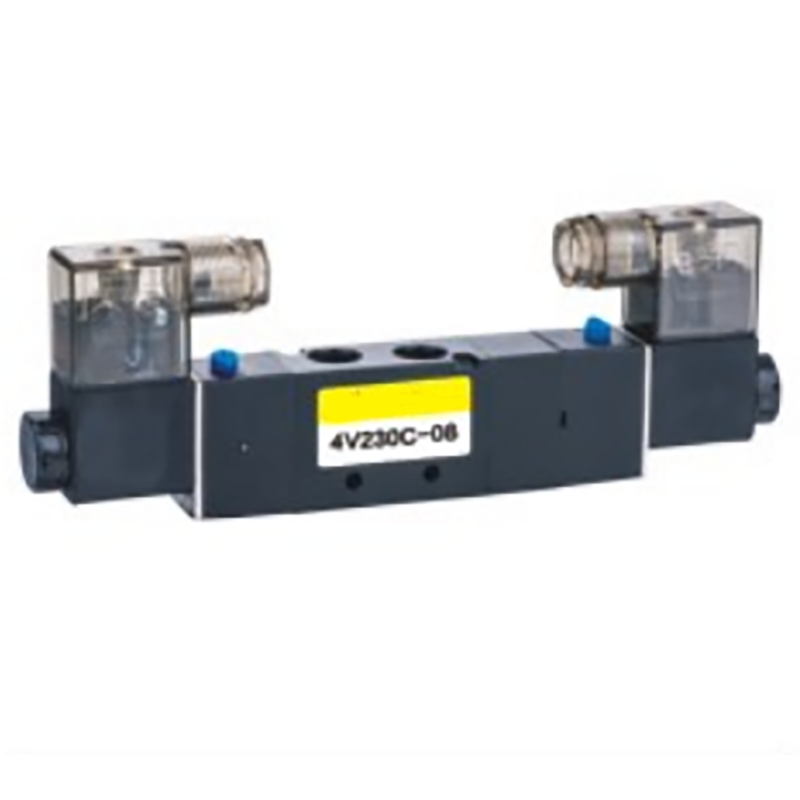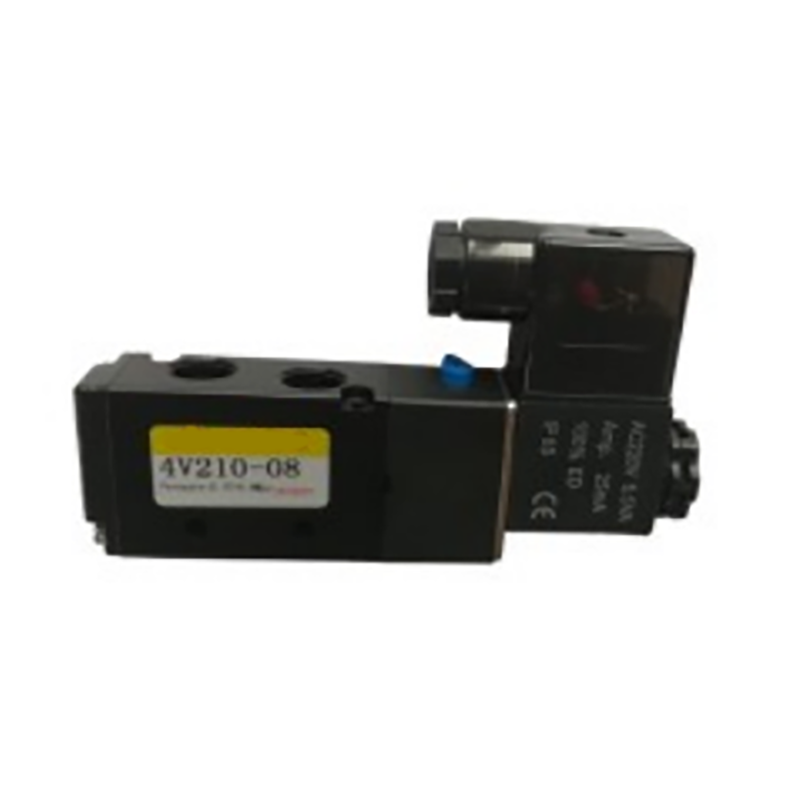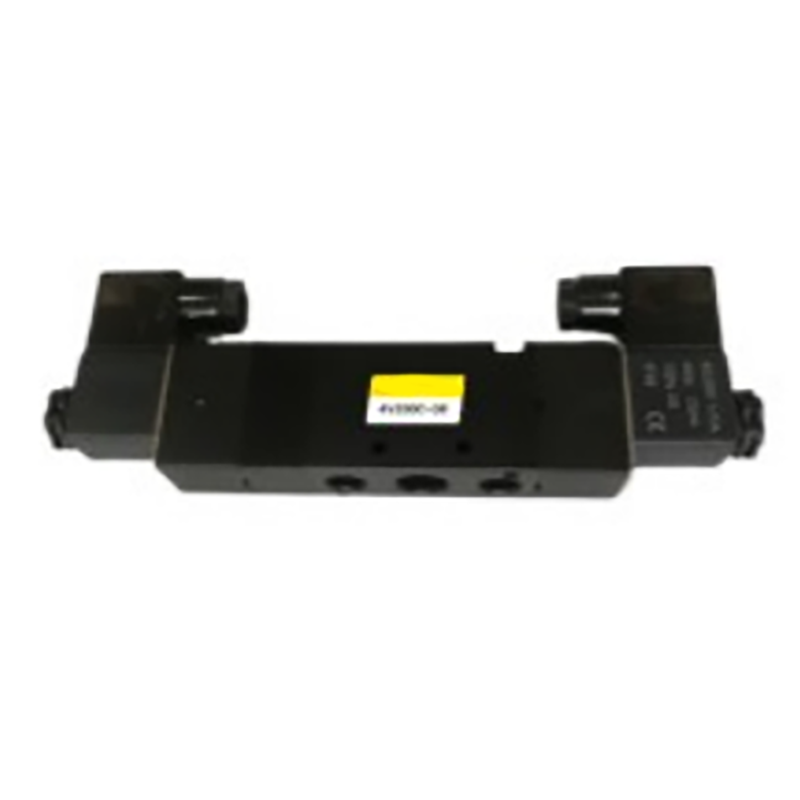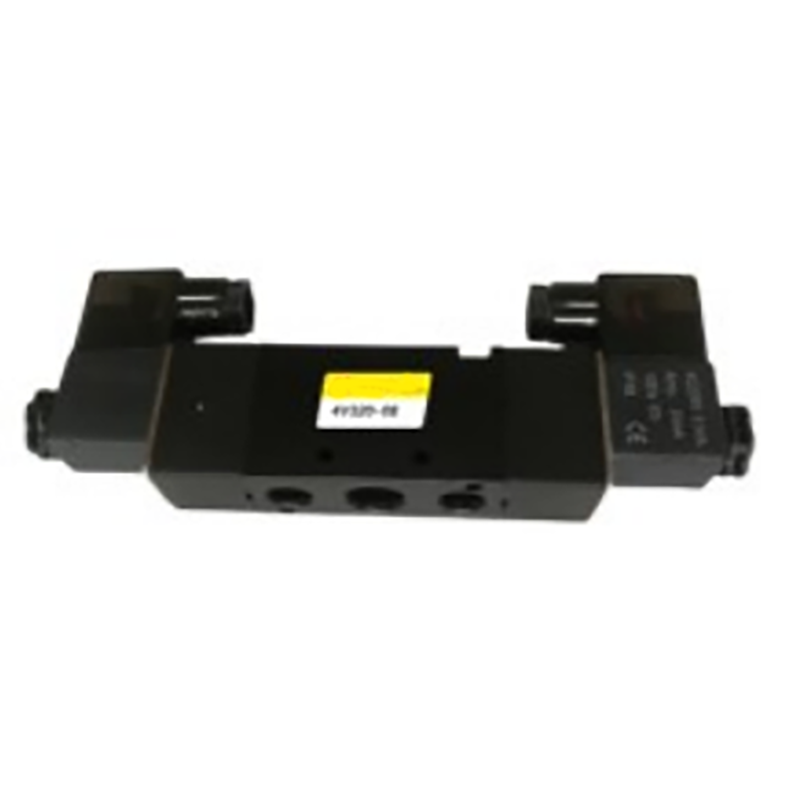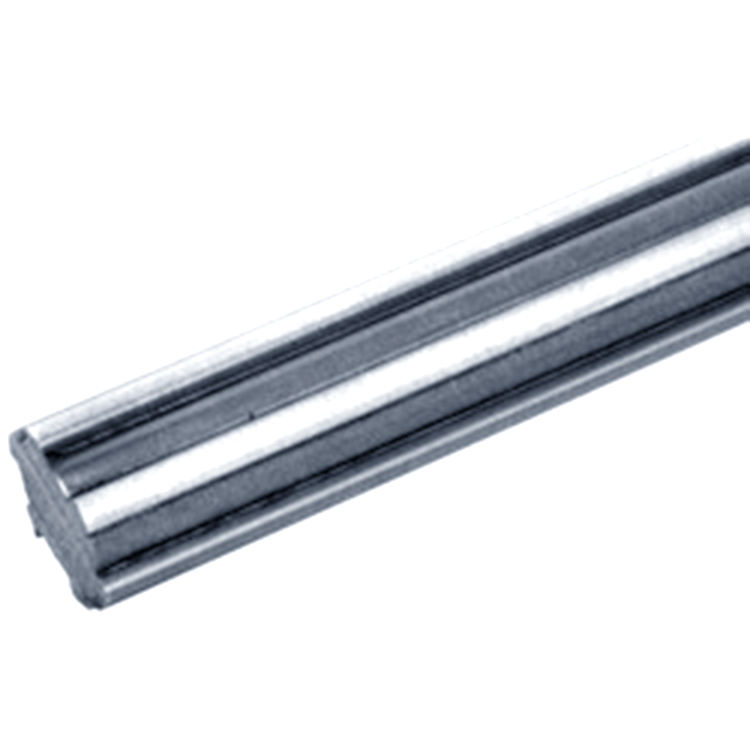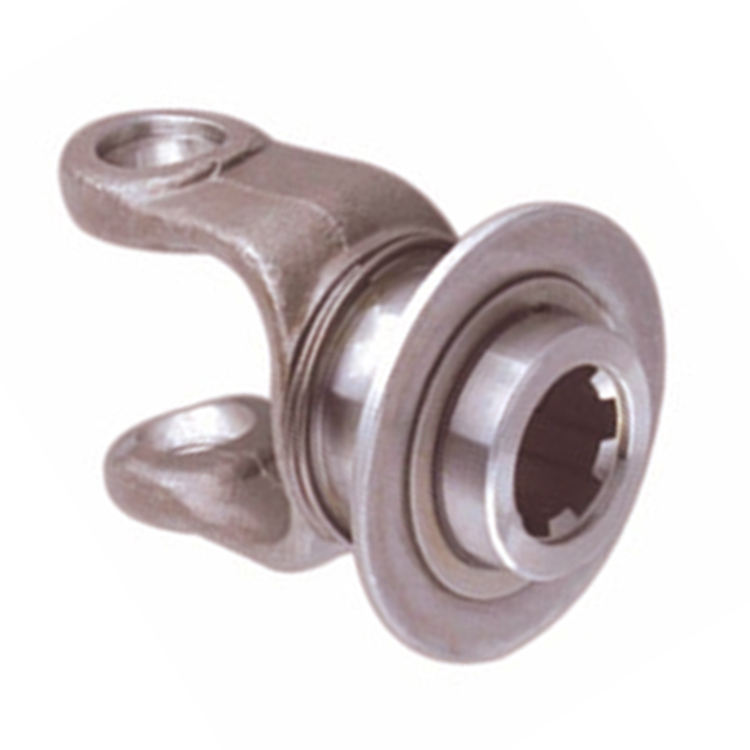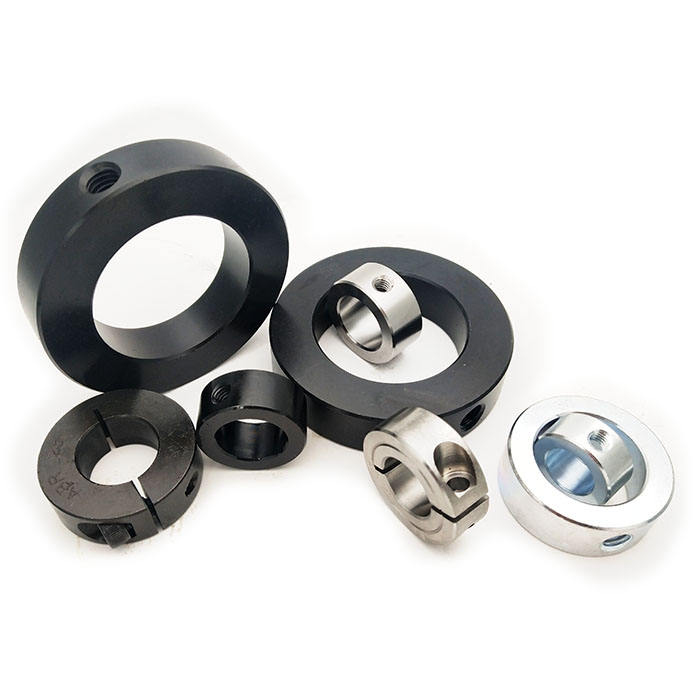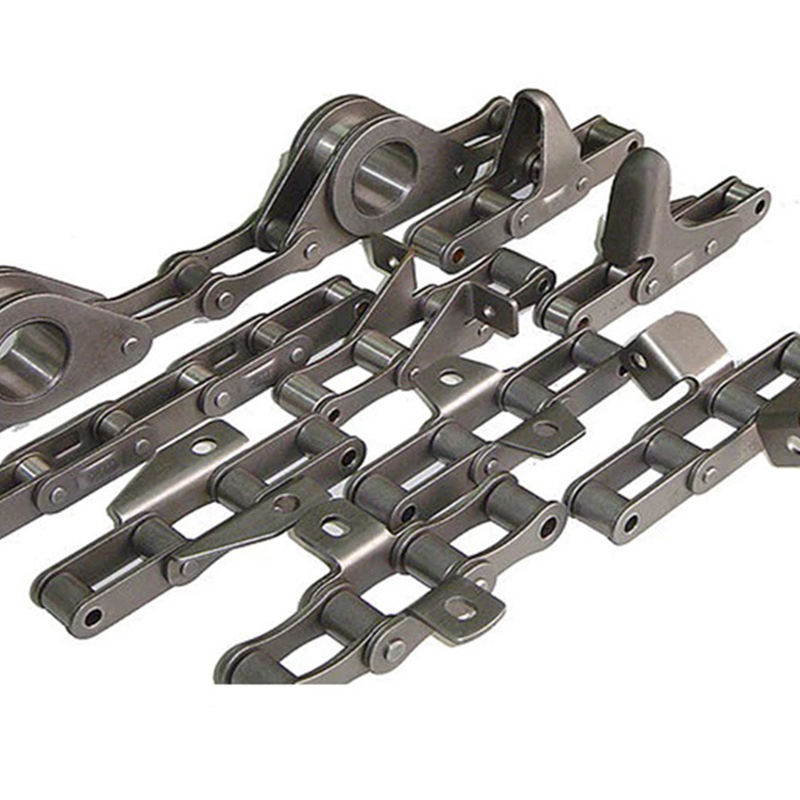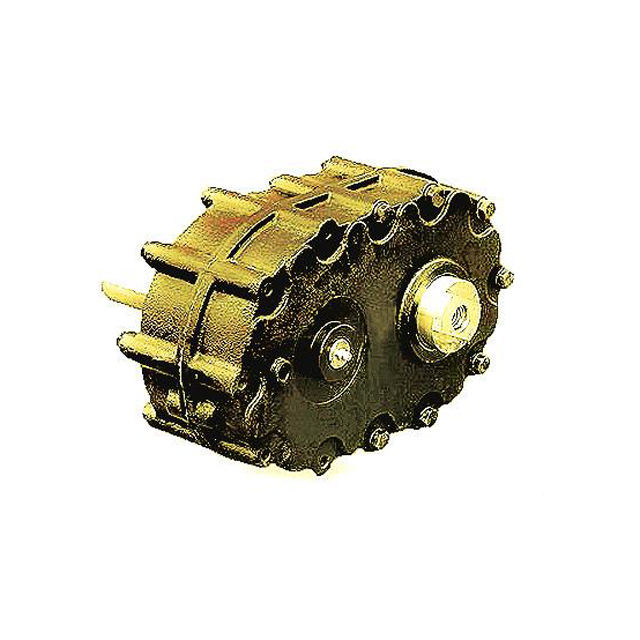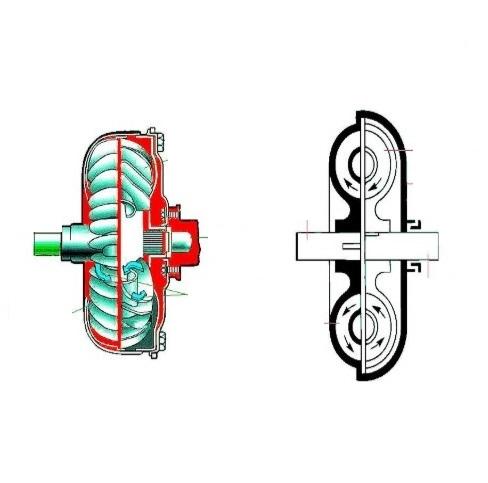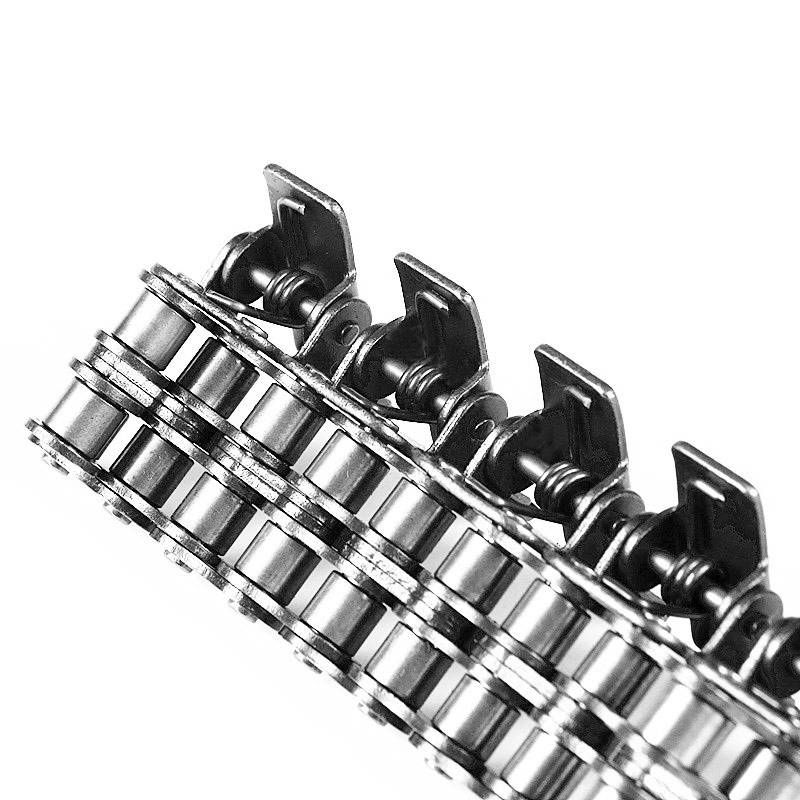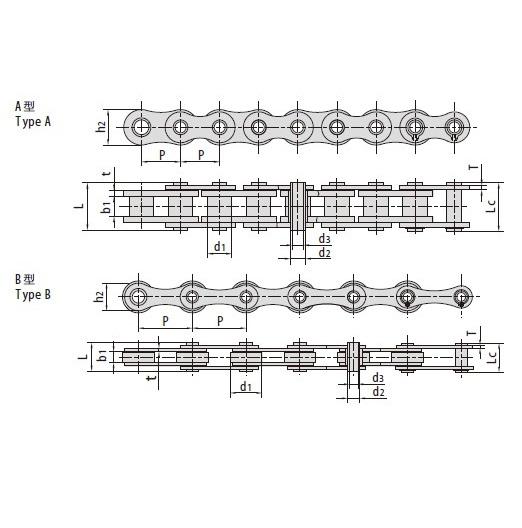What is a Shaft Collar?
A shaft collar is a simple yet crucial mechanical component used to secure parts onto shafts, such as in motors, gears, or bearings. It acts as a mechanical stop, locating device, or load-bearing face, ensuring precise positioning and safety in various industrial applications. Made from materials like steel, aluminum, or plastic, shaft collars are essential for maintaining alignment and preventing axial movement in machinery.
Key Features and Benefits
- Precision Machining: High-quality shaft collars are machined to tight tolerances, ensuring a perfect fit on shafts and reliable performance.
- Durability: Constructed from robust materials like 1018 steel or 6061 aluminum, they offer excellent resistance to wear, corrosion, and high loads.
- Easy Installation: Many collars feature set screws or clamping mechanisms for quick attachment and adjustment without special tools.
- Versatility: Available in various types, including set screw collars, clamp-style collars, and two-piece collars, catering to different shaft sizes and applications.
- Cost-Effective: Provides an affordable solution for securing components, reducing maintenance costs and downtime in machinery.
Product Specifications
Our shaft collars are engineered to meet industry standards, with detailed parameters listed below for easy reference.
Material Options
- Steel: Typically 1018 carbon steel, heat-treated for hardness; ideal for high-stress environments.
- Aluminum: 6061-T6 alloy, lightweight and corrosion-resistant, suitable for lighter loads.
- Stainless Steel: 303 or 316 grade, offering superior corrosion resistance for harsh conditions.
- Plastic: Nylon or acetal, non-magnetic and electrically insulating, perfect for food processing or electronics.
Standard Sizes and Dimensions
| Type |
Bore Size (inches) |
Outer Diameter (inches) |
Width (inches) |
Material |
Load Capacity (lbs) |
| Set Screw Collar |
0.25 - 4.0 |
0.5 - 5.0 |
0.25 - 1.0 |
Steel |
Up to 500 |
| Clamp-Style Collar |
0.5 - 6.0 |
1.0 - 7.0 |
0.375 - 1.5 |
Aluminum |
Up to 300 |
| Two-Piece Collar |
1.0 - 8.0 |
1.5 - 9.0 |
0.5 - 2.0 |
Stainless Steel |
Up to 1000 |
| Plastic Collar |
0.125 - 2.0 |
0.375 - 3.0 |
0.188 - 0.75 |
Nylon |
Up to 100 |
Technical Details
- Bore Tolerance: Typically H7 or tighter for precise fitting, ensuring minimal play on shafts.
- Surface Finish: Smooth finish with options like zinc plating or black oxide coating for corrosion protection.
- Temperature Range: Varies by material: steel (-40°F to 400°F), aluminum (-65°F to 300°F), plastic (-40°F to 200°F).
- Installation Torque: For set screw collars, recommended torque is 5-10 in-lbs for smaller sizes, up to 50 in-lbs for larger collars.
Applications of Shaft Collars
Shaft collars are used across numerous industries due to their reliability and simplicity. Common applications include:
- Automotive: Securing pulleys and gears in engines and transmissions.
- Manufacturing: Positioning components on conveyor systems and robotics.
- Agriculture: Mounting implements on tractor PTO shafts.
- Aerospace: Holding bearings and actuators in place within aircraft systems.
- Medical Equipment: Ensuring precise movement in devices like MRI machines or surgical tools.
Frequently Asked Questions (FAQ)
What is the purpose of a shaft collar?
A shaft collar is designed to act as a stop, locator, or load-bearing component on a shaft, preventing axial movement and securing elements like gears or bearings in place. It ensures mechanical integrity and alignment in various machines.
How do I choose the right shaft collar for my application?
Select based on shaft diameter, load requirements, environmental conditions (e.g., corrosion resistance), and material compatibility. For high loads, use steel collars; for lightweight or corrosive environments, aluminum or stainless steel are better. Always refer to size charts and consult engineering specifications.
What is the difference between a set screw collar and a clamp-style collar?
A set screw collar uses one or more screws to secure it to the shaft, which can mar the shaft surface but is easy to install. A clamp-style collar uses a clamping force without set screws, distributing pressure evenly and preventing shaft damage, making it ideal for precision applications.
Can shaft collars be used on rotating shafts?
Yes, shaft collars are commonly used on rotating shafts. However, ensure they are properly tightened and balanced to avoid vibration. Clamp-style collars are often preferred for high-speed rotations due to better grip and minimal shaft deformation.
How do I install a shaft collar correctly?
Clean the shaft and collar bore, slide the collar to the desired position, and tighten the set screws or clamp mechanism evenly with a torque wrench to the manufacturer's recommended specification. Avoid over-tightening, which can damage the shaft or collar.
Are there shaft collars for metric shafts?
Yes, many manufacturers offer shaft collars with metric bore sizes (e.g., 6mm to 100mm). Specify the shaft diameter in millimeters when ordering, and ensure compatibility with ISO standards if required.
What maintenance is required for shaft collars?
Shaft collars generally require minimal maintenance. Periodically check for loosening due to vibration, corrosion, or wear. Re-tighten screws or clamps as needed, and replace collars if they show signs of deformation or damage.
Can I use a shaft collar in high-temperature environments?
It depends on the material. Steel collars can handle temperatures up to 400°F, while aluminum is limited to around 300°F. For higher temperatures, consider heat-resistant alloys or consult specific product data sheets for temperature ratings.
What are the advantages of two-piece shaft collars?
Two-piece collars are easier to install and remove without disassembling other components, as they split into halves. They provide uniform clamping force and are ideal for large shafts or applications where frequent adjustments are needed.
Do shaft collars come with locking mechanisms?
Some advanced collars include locking features like nylon-tipped set screws or keyways for added security against rotation. Standard collars rely on friction or clamping force, but optional locking elements can be specified for critical applications.


